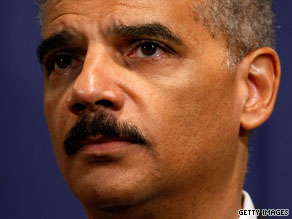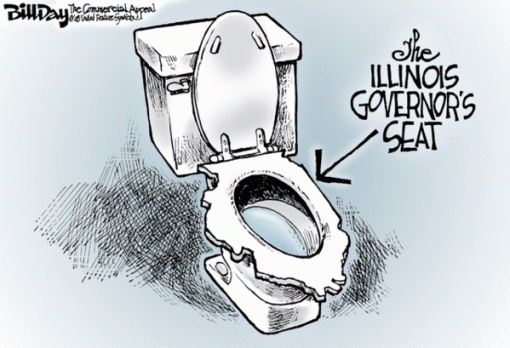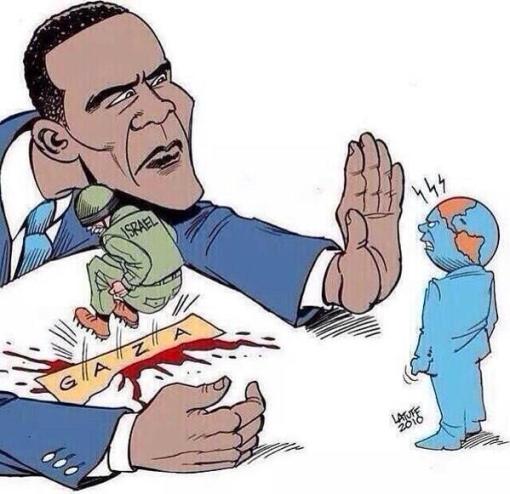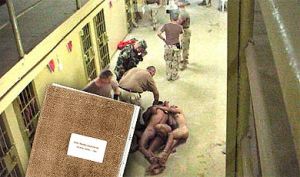This section of Graphic Humor in political-economic, national or international issues, are very ingenious in describing what happened, is happening or will happen. It also extends to various other local issues or passing around the world. There are also other non-political humor that ranges from reflective or just to get us a smile when we see them. Anyone with basic education and to stay informed of important news happening in our local and global world may understand and enjoy them. Farewell!. (CTsT)
George W. Bush
April 1, 2013
Iraq, Afghan wars will cost to $4 trillion to $6 trillion, Harvard study says
Posted by Carlos Tigre sin Tiempo under Afghanistan, Army, Economy, George W. Bush, Global Financial Crisis, History, Internet, Iraq, Politics, USA, Wars or Conflicts, Words or Number to Think | Tags: harvard researcher, politics |Leave a Comment
The U.S. wars in Afghanistan and Iraq will cost taxpayers $4 trillion to $6 trillion, taking into account the medical care of wounded veterans and expensive repairs to a force depleted by more than a decade of fighting, according to a new study by a Harvard researcher.
Washington increased military benefits in late 2001 as the nation went to war, seeking to quickly bolster its talent pool and expand its ranks. Those decisions and the protracted nation-building efforts launched in both countries will generate expenses for years to come, Linda J. Bilmes, a public policy professor, wrote in the report that was released Thursday.
“As a consequence of these wartime spending choices, the United States will face constraints in funding investments in personnel and diplomacy, research and development and new military initiatives,”the report says. “The legacy of decisions taken during the Iraq and Afghanistan wars will dominate future federal budgets for decades to come.”
Bilmes said the United States has spent almost $2 trillion already for the military campaigns in Afghanistan and Iraq. Those costs, she said, are only a fraction of the ultimate price tag. The biggest ongoing expense will be providing medical care and disability benefits to veterans of the two conflicts.
“Historically, the bill for these costs has come due many decades later,” the report says, noting that the peak disbursement of disability payments for America’s warriors in the last century came decades after the conflicts ended. “Payments to Vietnam and first Gulf War veterans are still climbing.”
Spending borrowed money to pay for the wars has also made them more expensive, the study noted. The conflicts have added $2 trillion to America’s debt, representing roughly 20 percent of the debt incurred between 2001 and 2012.
Bilmes’s estimate provides a higher range than another authoritative study on the same issue by Brown University’s Eisenhower Research Project. Brown researchers put the price tag at roughly $4 trillion.
Both figures are dramatically higher than what U.S. officials projected they would spend when they were planning to go to war in Iraq. Stephen Friedman, a senior White House official, left government in 2002 after irking his colleagues by publicly estimating that the Iraq war could end up costing up to $200 billion.
It’s unclear how long Washington will keep paying bills for that conflict, which dragged on for nearly a decade and became deeply unpopular at home and in Iraq. Judging from history, it could take quite awhile. The Associated Press recently found that the federal government is still cutting checks each month to relatives of Civil War veterans nearly 150 years after the end of that war.
By Ernesto Londoño, March 28, 2013
August 24, 2009
Report to detail alleged abuse inside CIA secret prisons
Posted by Carlos Tigre sin Tiempo under George W. Bush, History, Immorality, Incredible but Truth, Limits of Control, Terrorism, Torture, USA, Wars or Conflicts, Words or Number to Think1 Comment
CIA interrogators threatened an al Qaeda prisoner with a gun and an electric drill to try to scare him into giving up information, according to a long-concealed inspector-general’s report due to be made public on Monday, sources familiar with the report confirmed to CNN.

Attorney General Eric Holder is considering appointing a prosecutor to investigate a CIA interrogation program.
The gun and drill were used in two separate interrogation sessions against Abd al-Rahim al-Nashiri, one of the sources said. Al-Nashiri is accused of plotting the 2000 attack on the USS Cole, which left 17 U.S. sailors dead.
The sources did not want to be identified because the report, completed by the CIA’s inspector general in 2004, has not yet been made public. A federal judge in New York has ordered a redacted version of the report released Monday as part of a lawsuit filed by the ACLU.
The interrogations took place in the CIA’s secret prisons before 2006, when then-President George W. Bush moved all detainees from such facilities to the federal prison in Guantanamo Bay, Cuba, both sources said. Watch why ACLU says tactics are ‘illegal’ »
Details of the report were first published by Newsweek magazine late Friday.
Newsweek also said that, according to its sources citing the inspector-general’s report, interrogators staged mock executions to try to frighten detainees into talking. In one instance, Newsweek reported, a gun was fired in a room next to one terrorism suspect so he would think another prisoner was being killed.
A CIA spokesman would not talk about specifics of the inspector-general’s report but said all the incidents described in it have been reviewed by government prosecutors.
“The CIA in no way endorsed behavior — no matter how infrequent — that went beyond formal guidance. This has all been looked at; professionals in the Department of Justice decided if and when to pursue prosecution. That’s how the system was supposed to work, and that’s how it did work,” CIA spokesman Paul Gimigliano said.
One of the sources, a former intelligence official who is familiar with the report, said that while the report “reaffirmed” the interrogation program, it “also showed some had strayed off center.”
The official said about a dozen cases of potential misconduct by interrogators were referred to the Justice Department. Of those, only one person was prosecuted, the official said, with the rest being referred to the CIA accountability board, an internal disciplinary board. Two people resigned rather than face the CIA board, the official said.
This official said that when CIA leadership found out about the drill incident, they were “angry as hell.” The official called it “nickel-and-dime foolishness” that was not tolerated. The individual who used the drill was pulled from the program and “sharply reprimanded,” the official said.
Anthony D. Romero, executive director of the ACLU, released a statement Sunday saying, “Leaked portions of the CIA Inspector General’s report offer more proof that government officials committed serious crimes while interrogating prisoners. So-called ‘enhanced interrogation techniques’ like mock executions and threatening prisoners with guns and power drills are not only reprehensible but illegal.”
In anticipation of the release of the report Monday, Romero added, “Releasing the report with minimal redactions is essential to knowing what crimes were committed and who was involved.”
The release of the inspector-general’s report comes as Attorney General Eric Holder is considering whether to appoint a prosecutor to investigate the CIA interrogation program, begun by the Bush administration after the September 11, 2001, terrorist attacks.
* WASHINGTON (CNN) –August 2009
May 23, 2009
Graphic Humor 141
Posted by Carlos Tigre sin Tiempo under Bank, Business, Economy, Fraud, George W. Bush, Global Financial Crisis, Graphic Humor, History, Incredible but Truth, Politics, Terrorism, Torture, USA, Wars or Conflicts, Words or Number to ThinkLeave a Comment






February 27, 2009
Graphic Humor 133
Posted by Carlos Tigre sin Tiempo under Bank, Business, Corruption, Economy, Fraud, George W. Bush, Global Financial Crisis, Graphic Humor, History, Incredible but Truth, Industries, Insurances, Israel, Jobs, Madoff scandal, Middle East, Palestine, Politics, USALeave a Comment







February 26, 2009
Graphic Humor 132
Posted by Carlos Tigre sin Tiempo under Economy, George W. Bush, Global Financial Crisis, Graphic Humor, PoliticsLeave a Comment






December 23, 2008
Graphic Humor 127
Posted by Carlos Tigre sin Tiempo under Corruption, Economy, George W. Bush, Graphic Humor, Middle East, Politics, USALeave a Comment




December 20, 2008
Graphic Humor 125
Posted by Carlos Tigre sin Tiempo under George W. Bush, Graphic Humor, Police news, Politics, USALeave a Comment





December 20, 2008
Graphic Humor 124
Posted by Carlos Tigre sin Tiempo under Bank, Business, Corruption, Economy, Fraud, George W. Bush, Global Financial Crisis, History, Incredible but Truth, India, Insurances, Politics, Terrorism, USA, Wars or ConflictsLeave a Comment



















































 **********************************************
If you contribute to other people's happiness you will find the true meaning of life. The key point is to have a genuine sense of universal responsibility.
**********************************************
If you contribute to other people's happiness you will find the true meaning of life. The key point is to have a genuine sense of universal responsibility.





















